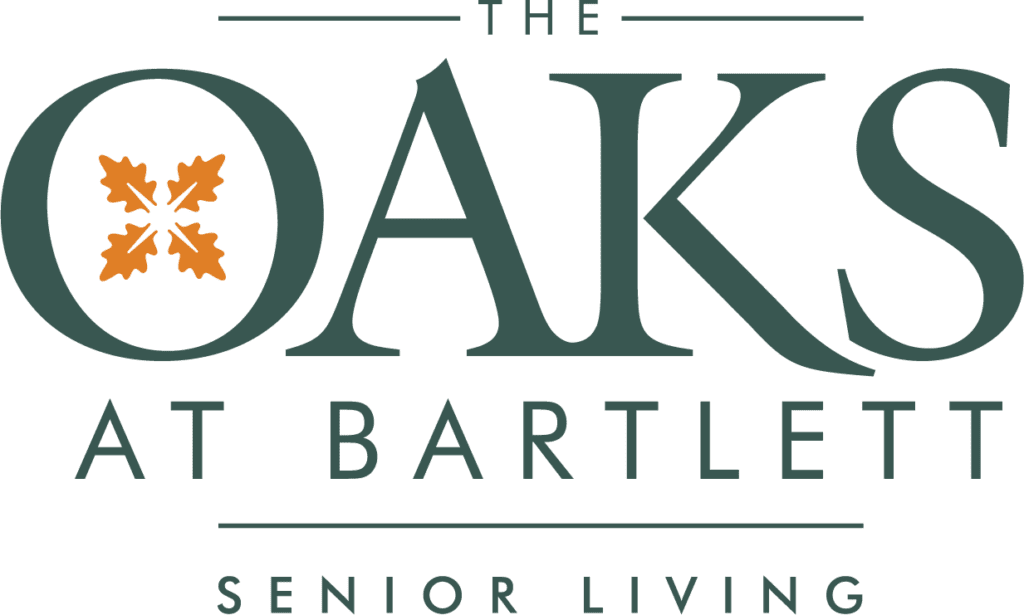While some seniors are excited about relocating to long-term senior living, others may feel hesitant or even defiant about such a big transition. Family members may question whether their aging loved one would benefit from a senior living community or feel overwhelmed about talking to an older parent about this big transition.
If you are concerned about a loved one living alone and being able to properly care for themselves, the following information may help. Here are five signs it may be time for you, a parent or a spouse to move into assisted living.
Your loved one is having difficulty with activities of daily living.
Activities of daily living (ADLs) include bathing, dressing, grooming and using the restroom. A senior who struggles with these basic personal care needs will have a very hard time living independently. The good news is that assisted living communities are designed to help seniors with activities of daily living and give them the support they need to age safely in place.
Your loved one has mobility issues or experienced a fall.
The older you get, the more frequent falls and injuries become. Many older adults experience fall-related injuries in the shower or while getting out of bed. Others may have accidents outside of the home when getting out of the car, shopping for groceries or working in their garden. Fortunately, many of these falls can be prevented if a senior has the supervision of a caregiver by their side. At an assisted living facility, there is always staff available who can lend a hand, prevent falls and offer immediate assistance if an emergency occurs.
Your loved one feels isolated or lonely.
Another clue that it might be time to move your loved one to assisted living is that they have become isolated or withdrawn. If your loved one is displaying symptoms of depression or expressing feelings of loneliness, it might be the ideal time to transition them to assisted living. Assisted living communities are designed with social interaction in mind. At The Oaks at Bartlett we offer activities and amenities that give seniors a chance to get to know one another and form relationships, which is beneficial for mental health.
Your loved one can’t keep up with housework.
If your loved one’s home is visibly dirty or unkept when it is usually clean and tidy, it could be a sign they are having mobility issues or cognitive changes that should be addressed. When you visit their home, look for stacks of unopened mail, piles of dirty laundry or unclean dishes stacking up around the sink. In these situations, many people have found that downsizing, or moving to a smaller home within a senior living community, helps them better manage their living space, reduce their monthly expenses and free up their time that would otherwise be spent on housekeeping and home maintenance work.
Your loved one’s health is deteriorating.
If your elderly parent has a chronic health condition that is getting worse, it should not be ignored. Most chronic illnesses require daily monitoring and assistance from a professional care team. A big part of assisted living is providing medical care and 24/7 attention to residents. If your loved one’s health is slipping, it might be time to consider an assisted living facility that can provide them with the care they need.
Explore Assisted Living at The Oaks at Bartlett
Taking all these signs into account, families and caregivers should approach the topic with compassion and patience. Involve your elderly loved one in the decision-making process to the extent that they are able. Moving to an assisted living community is not a small transition, but when partnering with a professional community like The Oaks at Bartlett, your loved one can enjoy quality care, necessary support and an enriching environment that seniors need to thrive.
To learn more about assisted living, contact The Oaks at Bartlett today to schedule a tour!

